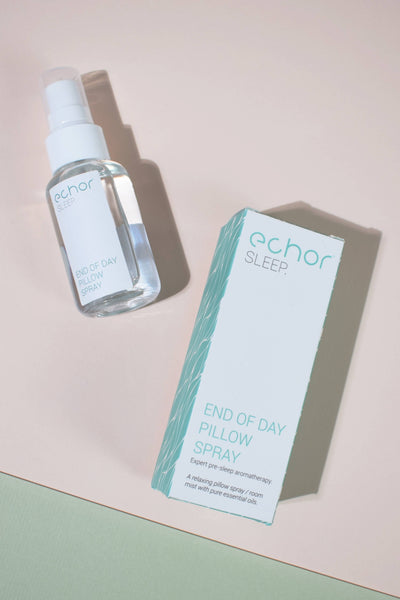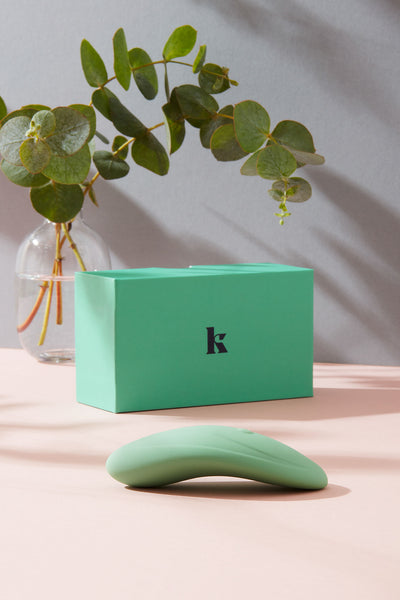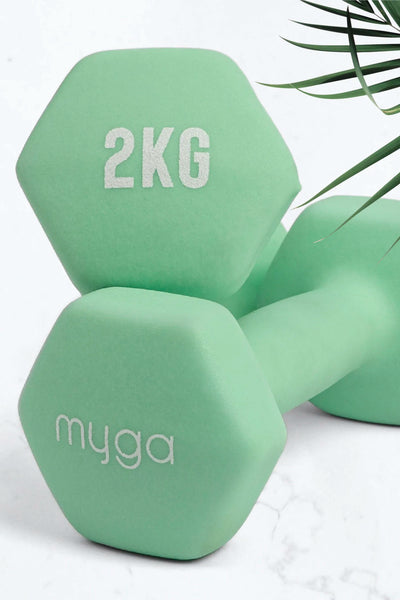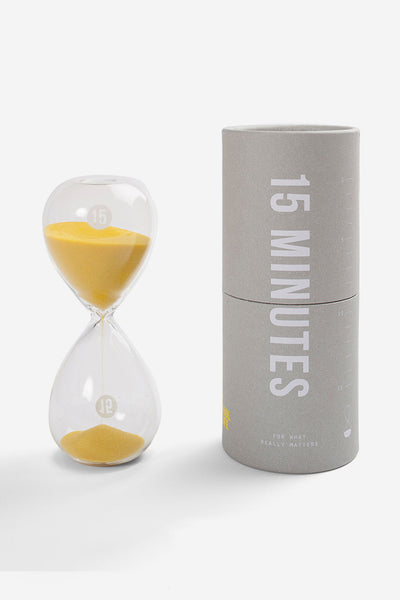Here's why you should take grinding your teeth seriously...
1 in 3 people suffer from teeth grinding, otherwise known as bruxism. And a lot of them don't actually know it until their partner is woken up by the sound of their grinding or they wake up with a headache! However, ignoring it can cause quite a bit of long term damage. Read on to find out why you might be grinding your teeth, what bruxism is, and how you can reduce your symptoms...
Why am I grinding my teeth?
There are many factors that could be the reason why you're grinding your teeth, but the most common one is stress which further causes bruxism. Stress is something we humans just deal with without much thought. But why should we? We should take action, especially if it's going to disturb our beloved sleep.
What is bruxism?
Bruxism is a condition that causes someone to grind or clench their teeth in their sleep and sometimes even when awake. There are a number of reasons your body does this and wearing a night guard can dramatically reduce the symptoms a lot. Night guards have also been shown to stop grinding completely just by wearing one.
If you happen to grind or clench your teeth when you're feeling especially stressed or anxious, it can cause the enamel to wear down prematurely. Of course, this is going to lead to more regular dentist appointments, which can be costly! On top of this, it can lead to headaches, which are going to prevent you from being able to do certain things - like getting enough sleep! Pop all the headache pills you want, but if it's a daily occurrence, it can't be ignored.
Signs and symptoms include:
- face, neck and shoulder pain
- a painful jaw
- worn down or broken teeth
- headaches
- earache
- disturbed sleep
At Echor, we believe that a good night's sleep can make your day significantly better. But of course, a good night's rest is just a fever dream if you're suffering from the symptoms caused by bruxism.
Worn down teeth can cause:
- sensitivity - worn enamel can cause sensitivity, with hot and cold items causing pain when in close contact with the nerve endings in your teeth
- yellowed teeth - as your enamel wears away and becomes thinner, the dentin (yellowish tissue) will start to show through
- headaches and jaw aches - the misalignment in your bite (caused by grinding) can strain your jaw
- difficulty biting and chewing - the misalignment in your bite can make it harder to bite into hard food items
A bruxism guard or teeth grinding guard can help ease the symptoms and make the condition a lot easier to live with.
Why use a mouthguard for grinding teeth?
A night guard can treat teeth grinding because it forms a barrier between the top and bottom teeth. This barrier protects the teeth from wearing away and reduces the negative effects of teeth grinding and jaw clenching.
It might be a task to get it fitted exactly to your mouth at first, but luckily you can do it as many times as you want. All you have to do is place it in boiling water for 30 seconds which will soften the night guard and allow you to mould it perfectly to your teeth.
Our Anti-bacterial Night Guard provides a physical, durable barrier between your teeth to reduce any damage caused by bruxism. It's by no means a cure but will make your life living with it a lot easier. Think of your teeth clenching guard as protection rather than a cure, and make sure to contact your dentist if further damage is done. While bruxism isn't something to be too concerned about in the early stages (as long as you introduce a mouthguard for sleeping), it shouldn't be ignored due to its long-lasting effects.
Don't disrupt your sleep and empty your bank account on unnecessary visits to the dentist and use a night guard to help ease your symptoms of bruxism!
This article is intended for informational purposes only and should not be used as a substitute for professional medical advice.









